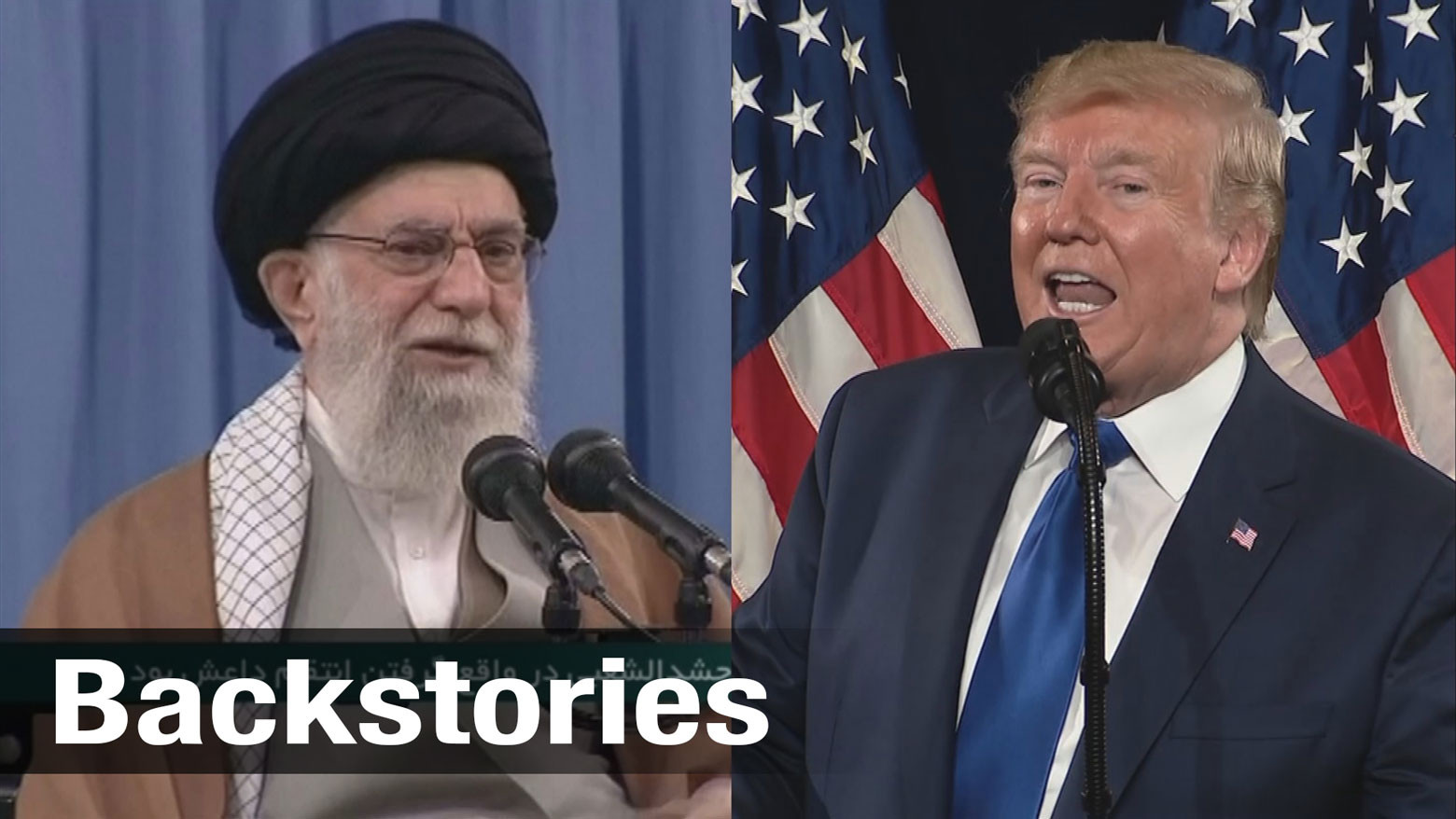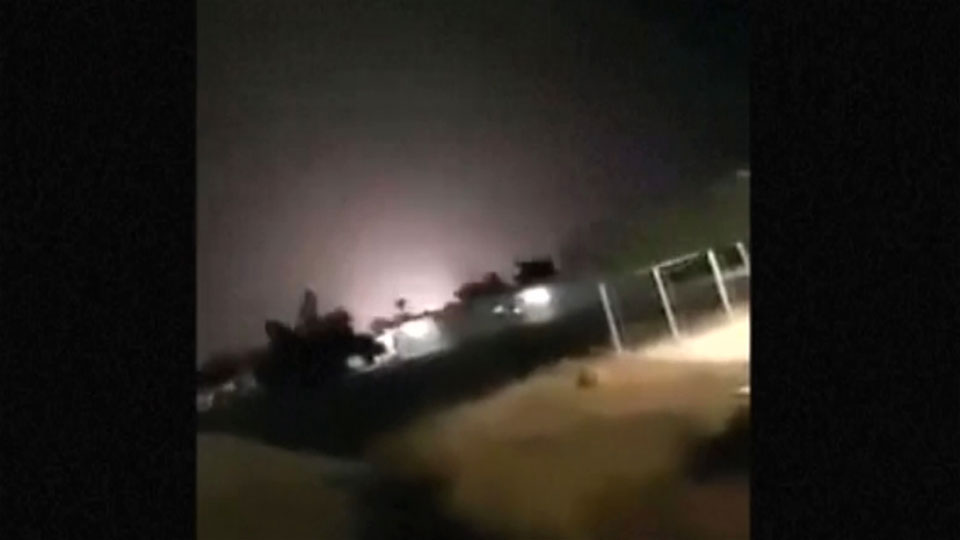
Iran's foreign minister commented on Twitter that Iran had taken proportionate measures in self-defense, and that it was not seeking war or an escalation of the conflict.
US President Donald Trump responded with his own tweet, saying, "All is well!" He asserted that the US has the world's most powerful and well-equipped military and said the extent of the damage from the Iranian attack is still being assessed, adding, "so far, so good." He said he would be making a statement on Wednesday morning.
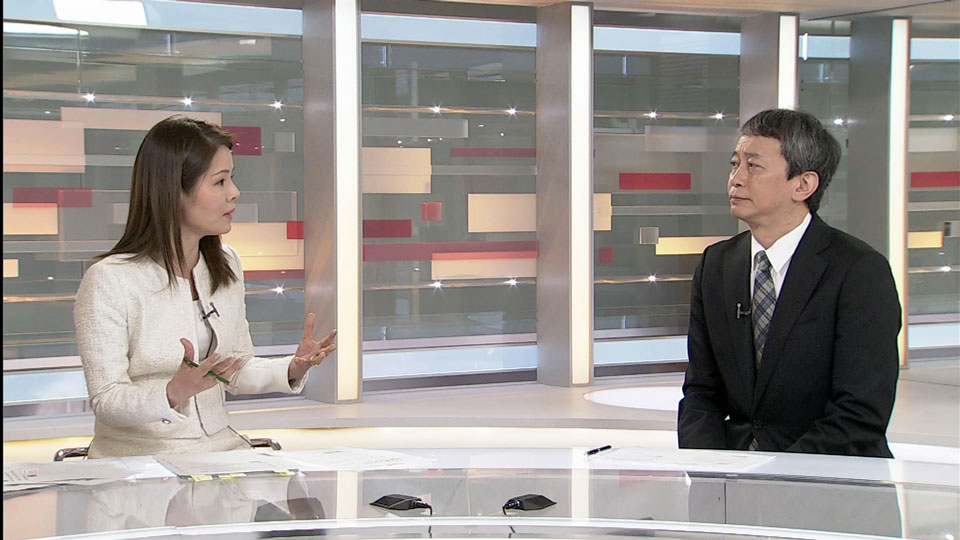
Keio University Professor and Middle East expert, Koichiro Tanaka, offered this assessment of the conflict.
Anchor:
What is your reaction to this development, including the timing and scale of the attack?
Tanaka:
Even though the Iranians have been claiming that they would retaliate, I thought they would do it sometime later. Not today; not at this moment. So that comes as a surprise to me.
My gut feeling was that they would retaliate in a way that they would not be held accountable for their acts, meaning they might use proxies or they might say ... act in a way that they would never be caught red-handed.
But this assumption of mine has been totally wrong and the Iranians had another idea of their own.
The national security adviser of the Iranian government did mention that they had considered 13 options and that even the least strong action they would take would make the Americans shake and shiver. So let's see what's going to happen next.
Anchor:
President Trump warned that he would retaliate against any attacks on US forces. What type of response do you expect from the US now?
Tanaka:
If there is any kind of a material loss for the American troops, and also, even a physical, even a life is lost and blood is shed, I think that's going to have a severe impact on how the Americans are going to react. And my meaning is that they would retaliate just like the preceding incident, which was the assassination of Qassem Soleimani, and similar things like that may happen, or maybe the Americans could launch an airstrike against Iranian facilities inside Iran, taking out missile batteries and launchers. That's a possibility.
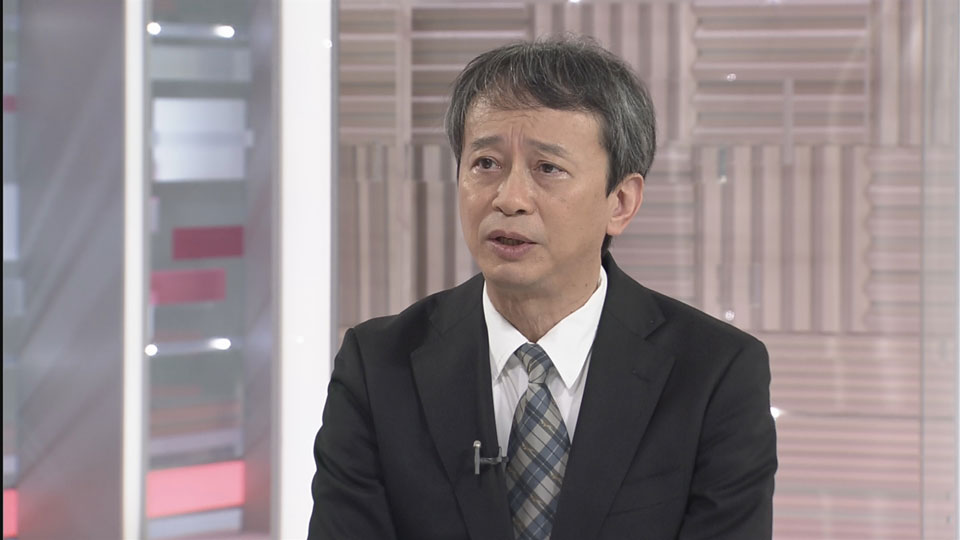
Anchor:
So, if it goes into Iran that will become another stage.
Tanaka:
And then with no doubt, the Iranians are going to react again. And then, the response, I'm really afraid to say what's going to happen next.
Anchor:
What could be the worst case scenario?
Tanaka:
Maybe that would include other targets in the region. The Americans have bases in Saudi Arabia, Kuwait and Qatar and so many others, and that could become a possible target.
Anchor:
This is now happening in Iraq. But how do you think this escalating situation can impact the whole region?
Tanaka:
Yes, that's the point. As long as the two sides are still, I mean, it's not good for the Iraqis because the battle is now being fought on Iraqi soil. If it's still contained there, that's one story. But if it spreads out to other countries, other states, that's going to be a concern for us and also the entire international community, because most of them are either gas producers or oil producers, and that's going to be an impact not only on the markets, but on the entire global economy.
And not to mention that if the hostilities are going to be in the seas, that's going to be another concern for us because we rely heavily on Middle East oil.
So what needs to be seen ...we need to see some sort of a moment of hold, and also de-escalation, and I believe that the United Nations Security Council will be holding some sort of an emergency meeting on Wednesday, and I believe there will be some sort of a decision and a debate will go on.
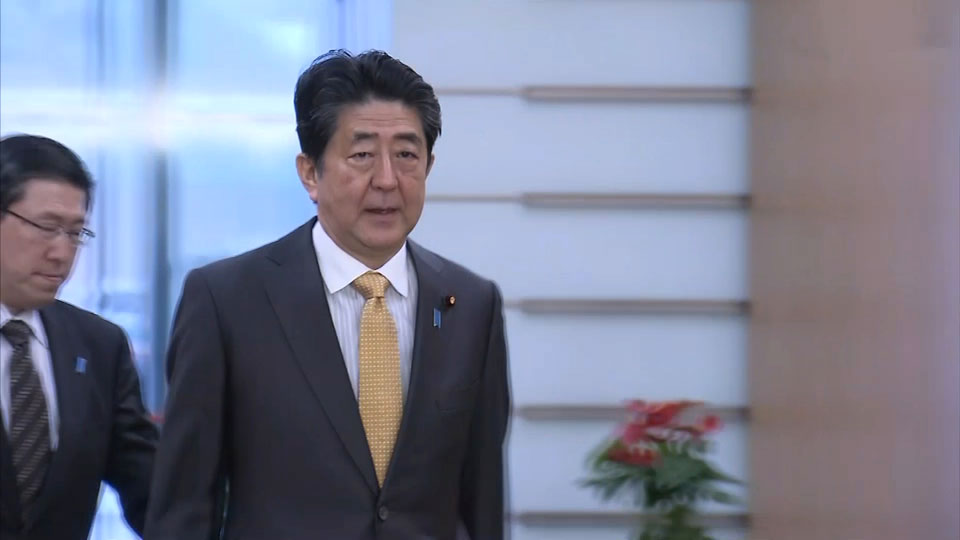
Anchor:
What role can Japan play, because Prime Minister Abe met President Rouhani recently.
Tanaka:
Right, well he hasn't said much ever since the assassination, of course, of Soleimani, so I think this is a time that he makes a statement, at least calls on the two parties to halt their hostilities, hold fire, and then say that he would invite the two parties, either for direct negotiation or have somebody come in between to have an exchange of views, an exchange of words rather than live fire.
